A trio of new, experimental productions, created by Hong Kong artists and co-produced by the West Kowloon Cultural District, is ready to hit the stage. Chitralekha Basu reports.
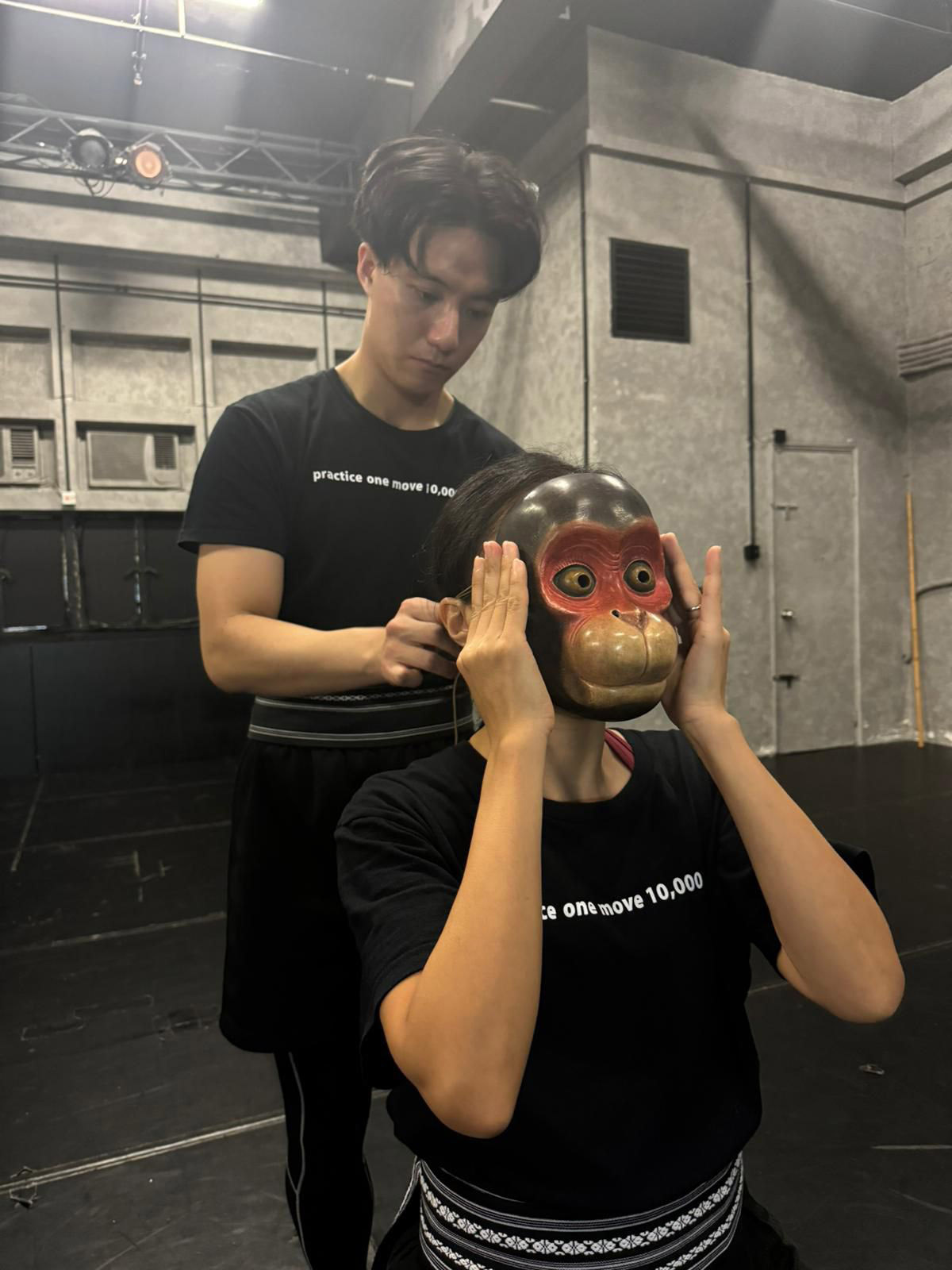
All eyes are on the inaugural Hong Kong Performing Arts Expo (HKPAX), which kicks off on Oct 14. Even as artists and other creatives from China and beyond get busy — fine-tuning the works that will be pitched to high-profile arts professionals from the world over during the five-day showcase — Hong Kong’s theater lovers can enjoy three new homegrown shows, ahead of HKPAX. Co-produced by the West Kowloon Cultural District (WestK), On & On Theatre Workshop’s With Love, Medea’s Boys, Reframe Theatre’s Post Office in Hell — The Origin, and Théâtre de la Feuille’s Book of Mountains and Seas — The Fates of Mountains and Rivers are each rather atypical in terms of format and theme. They will be staged at WestK’s Freespace over the next few weeks — something of a warmup exercise in the lead-up to HKPAX, where they will also have a presence.
The three new works were developed as a part of “the WestK Creators series, which collaborates with midcareer artists to develop performances with diverse narration styles and alternative theatrical experiences,” says Bobo Lee, senior producer, Performing Arts (Theatre) at WestK. The aim, she adds, is to introduce more as well as a more diverse range of audiences to new, experimental works made in Hong Kong.
READ MORE: Through a new lens
“I wish to form a micro-ecology between artists and the audience,” Lee continues. “Post-performance conversations and feedback can help nourish the next project. This way we want to raise awareness about theater being a daily necessity for everyone and contribute to the development of Hong Kong culture together with the audience.”
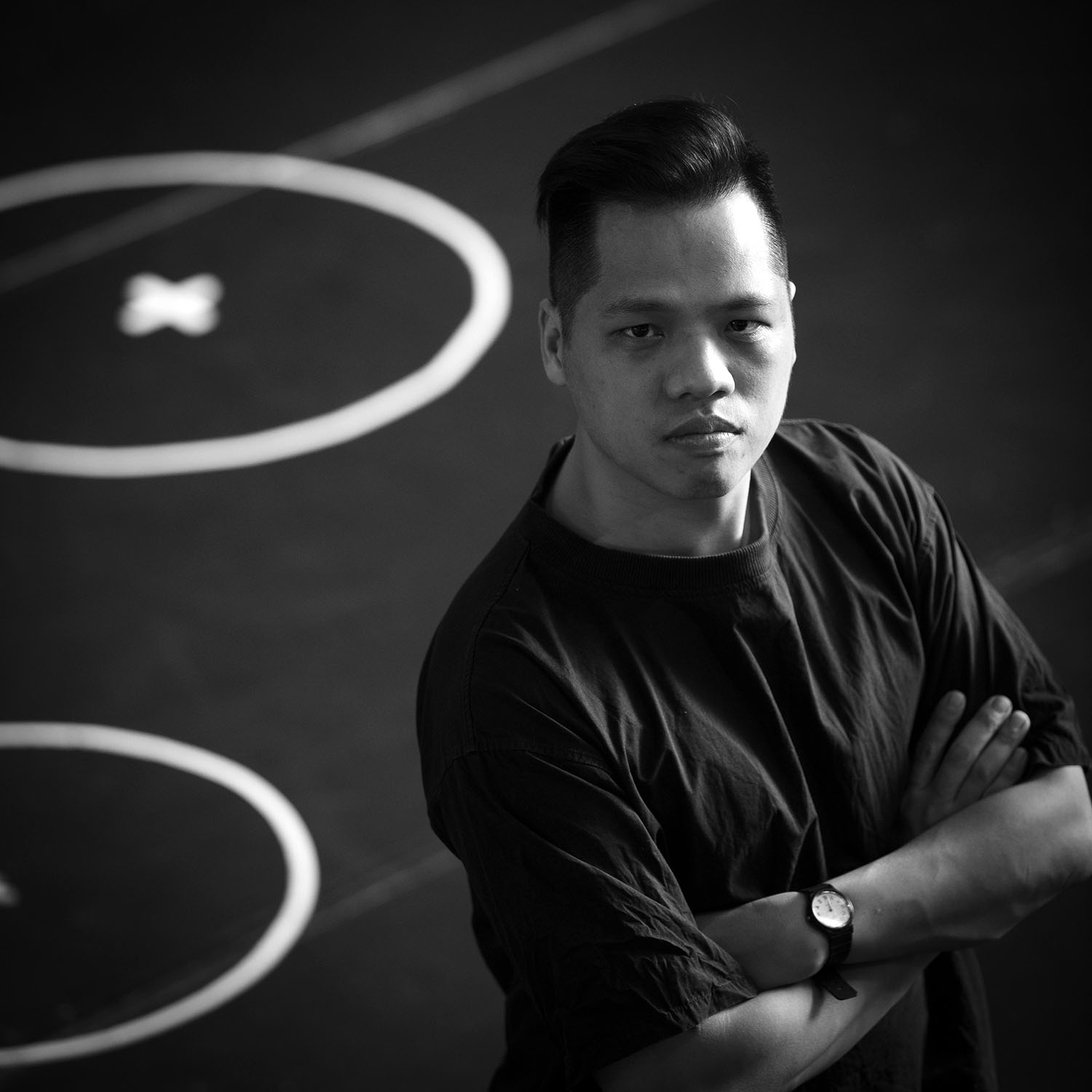
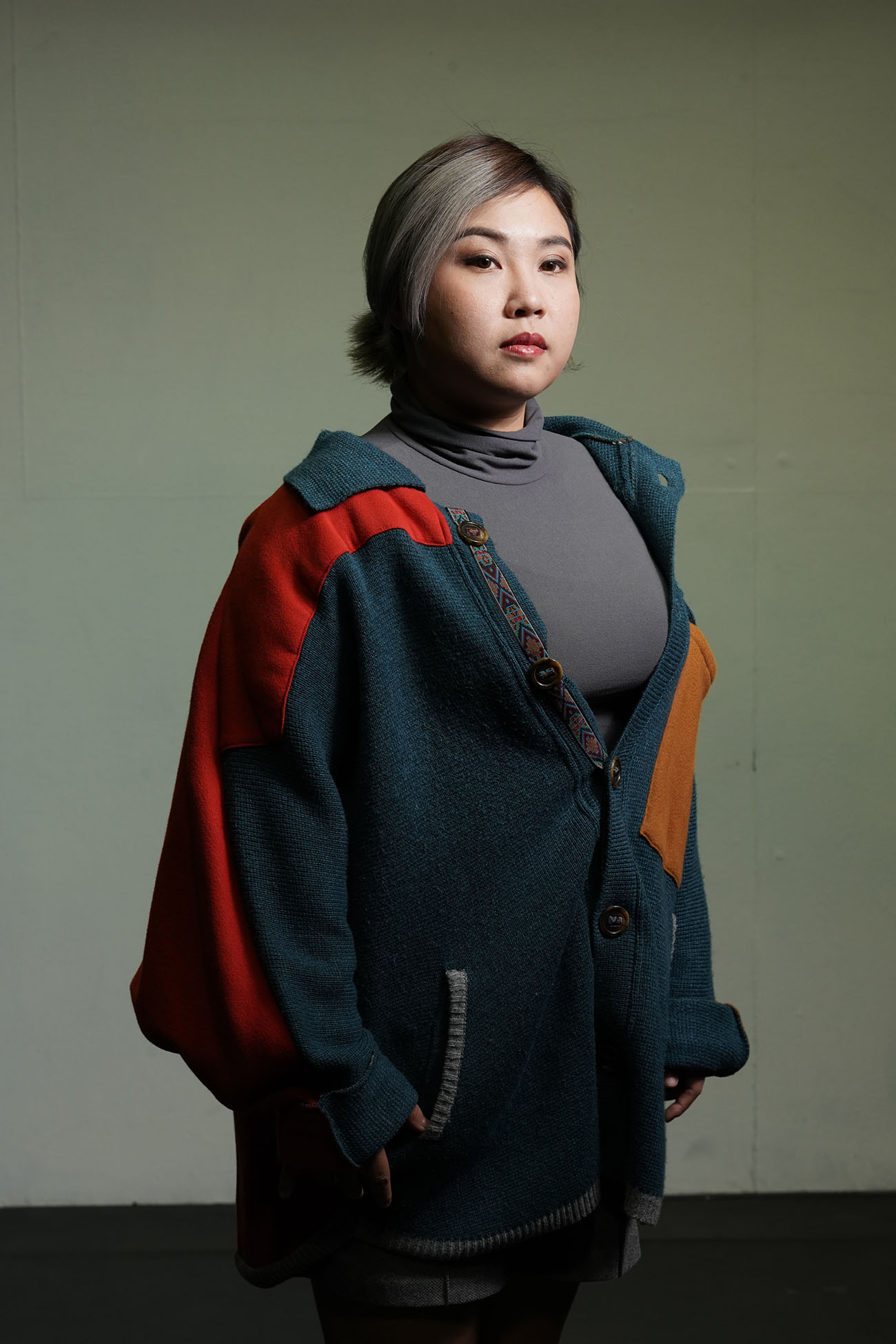
For instance, a work-in-progress version of Medea’s Boys was staged in 2023. The creative team took some of the “generous audience feedback” on board as they moved on to the second stage of research and development. The result is a new, improved version, opening at Freespace on Saturday.
Audience feedback has always been vital to developing new productions at WestK, though such feedback may not necessarily be communicated in words. An earlier iteration of Post Office in Hell — The Origin, called Post Office in Hell (Part 1), was staged in March. Director Yan Pat-to, who also adapted both versions from Westwingmoon’s internet novel Hell Post Office (2018), recalls observing the audience during the staging of Part 1. As they walked along the waterfront promenade in WestK, listening to the story unfold via silent disco headsets, it was more than evident in their body language that the experience had struck a chord with them.
Post Office in Hell imagines a situation in which it is possible for the living to communicate with the dead via handwritten letters. “I think this is universal: We miss people who have passed away, we want to talk to them, see them once more,” Yan says. Sometimes, mourning a beloved person and reconciling with the irreversible nature of such a loss can become a lifelong task, he adds, recalling the visible impact of his work on certain members of the audience.

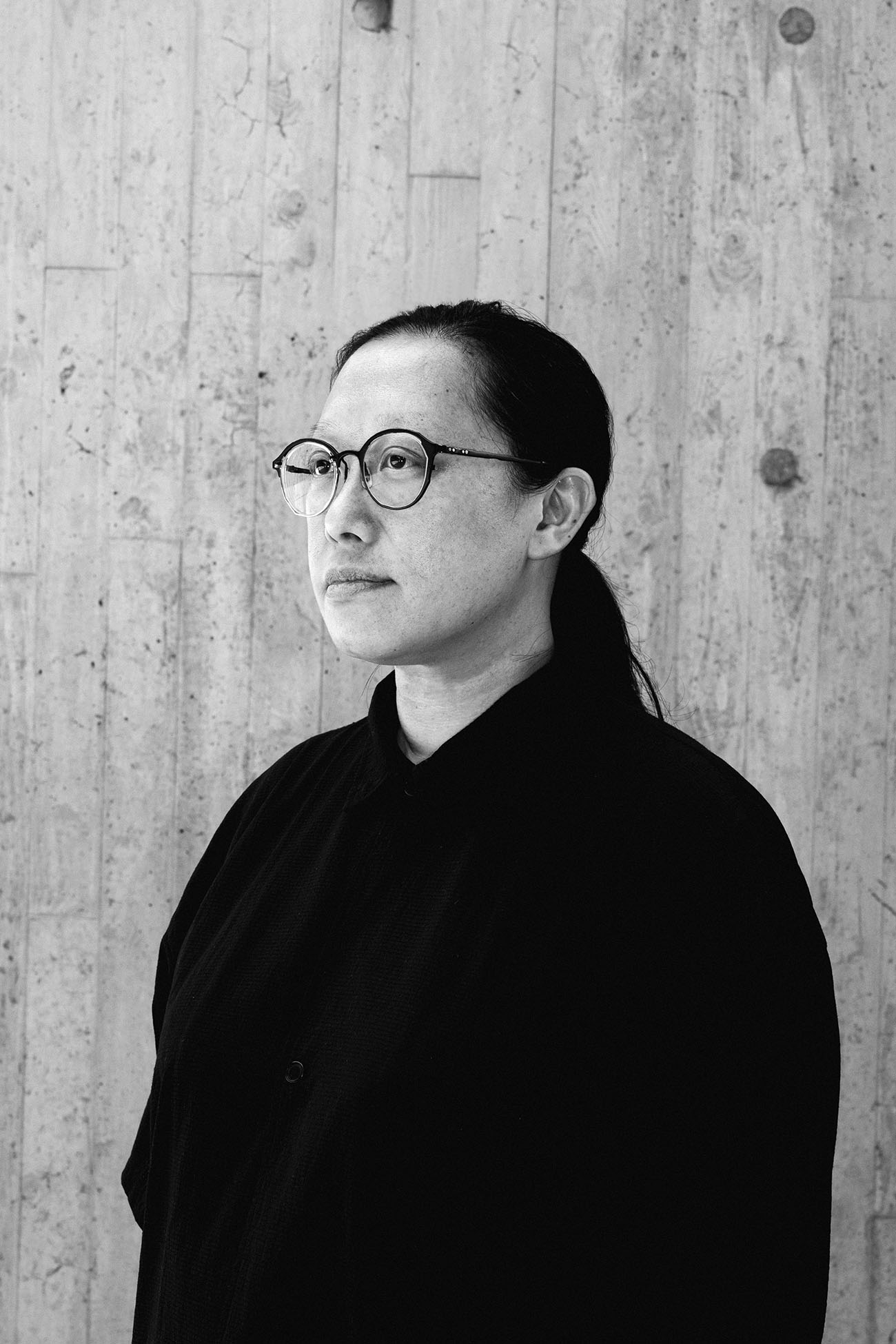
No kid stuff this
Euripedes’ Medea (431 BC), on which Medea’s Boys is based, is easily one of the most macabre plays in the canon of classic Greek tragedies. Filled with rage for her husband Jason after he leaves her for another woman, Medea punishes him by killing his new bride and slaughtering the boys she herself had with Jason. The children do not speak much in the original Greek play, not counting the off-stage screams let out in their final moments.
On & On Theatre’s Medea’s Boys is about giving a voice to those that are never heard. “Medea’s two children do not speak in the original text, but we hope to explore their perspective, examine how children perceive themes that seem cruel, violent, dark and taking place in the adult world,” says Loui Yuen, dramaturge on Medea’s Boys.
Choosing to tell a story about infidelity, crimes of passion and filicide through the lens of the children who witness the unraveling, culminating in their own violent murders, could not have been easy.
“The key challenge lies in learning how to guide discussions about these subjects with them. It’s crucial to effectively elicit genuine thoughts from the children,” says Yuen. To that end she conducted several workshops, “asking the child performers how they understand violence, hoping to connect it to their own thoughts rather than just general impressions”.

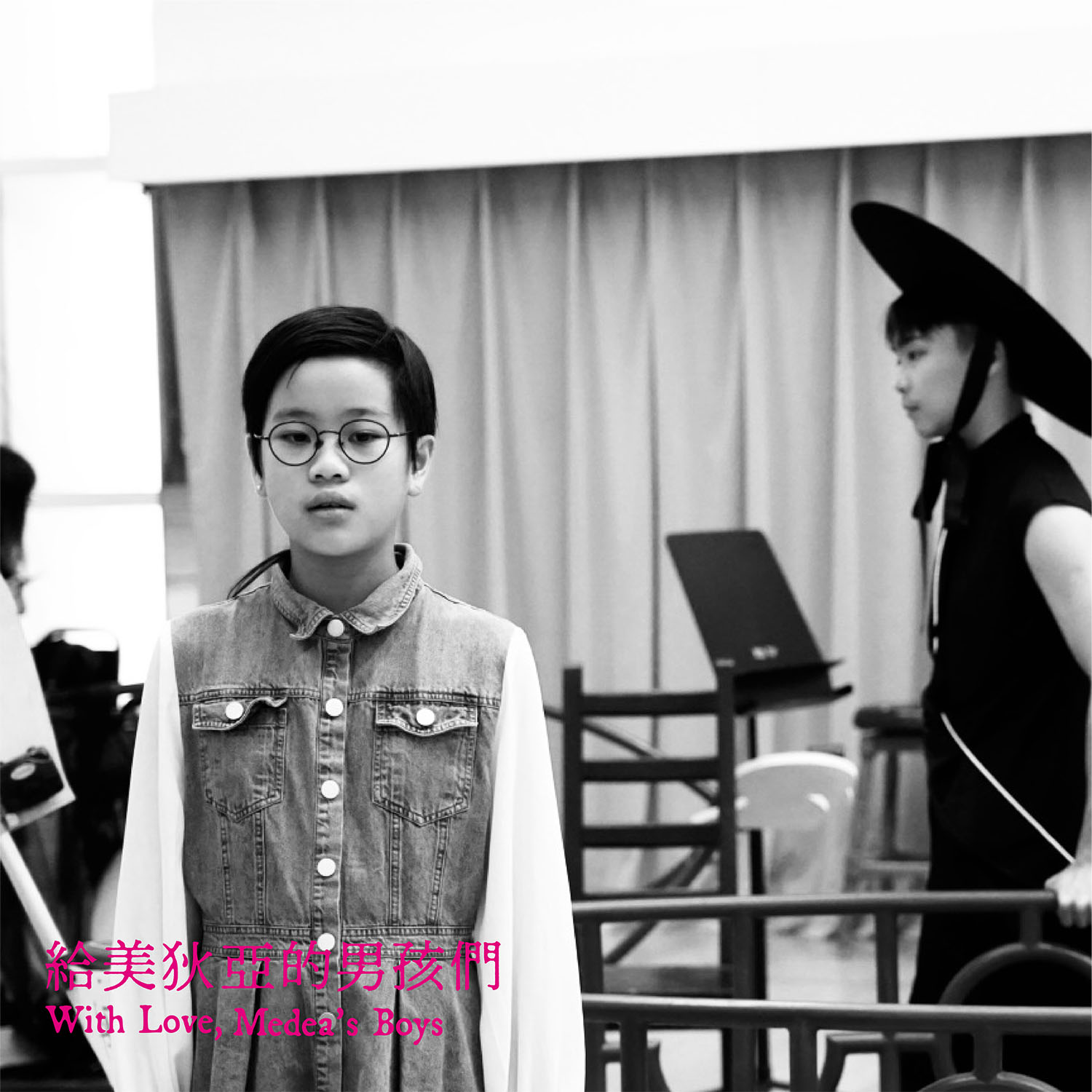
The responses she received often revealed a genuine curiosity about the world beyond the “safety bubble” that children are typically made to live inside. “While reality can be harsh, when children consider the brutality of survival and instinct, they learn about the complexities of the world and how to understand these forms of cruelty,” Yuen says.
Reassuringly, the child performers are allowed to be themselves in the play. They even get to exercise agency during the interactive games, when they are imitating animals or making up myths on the spot.
“Our child performers are quite talented,” Yuen says. “They take part in live jamming, playing instruments to accompany the storytelling, making it more of an artistic form of play.”
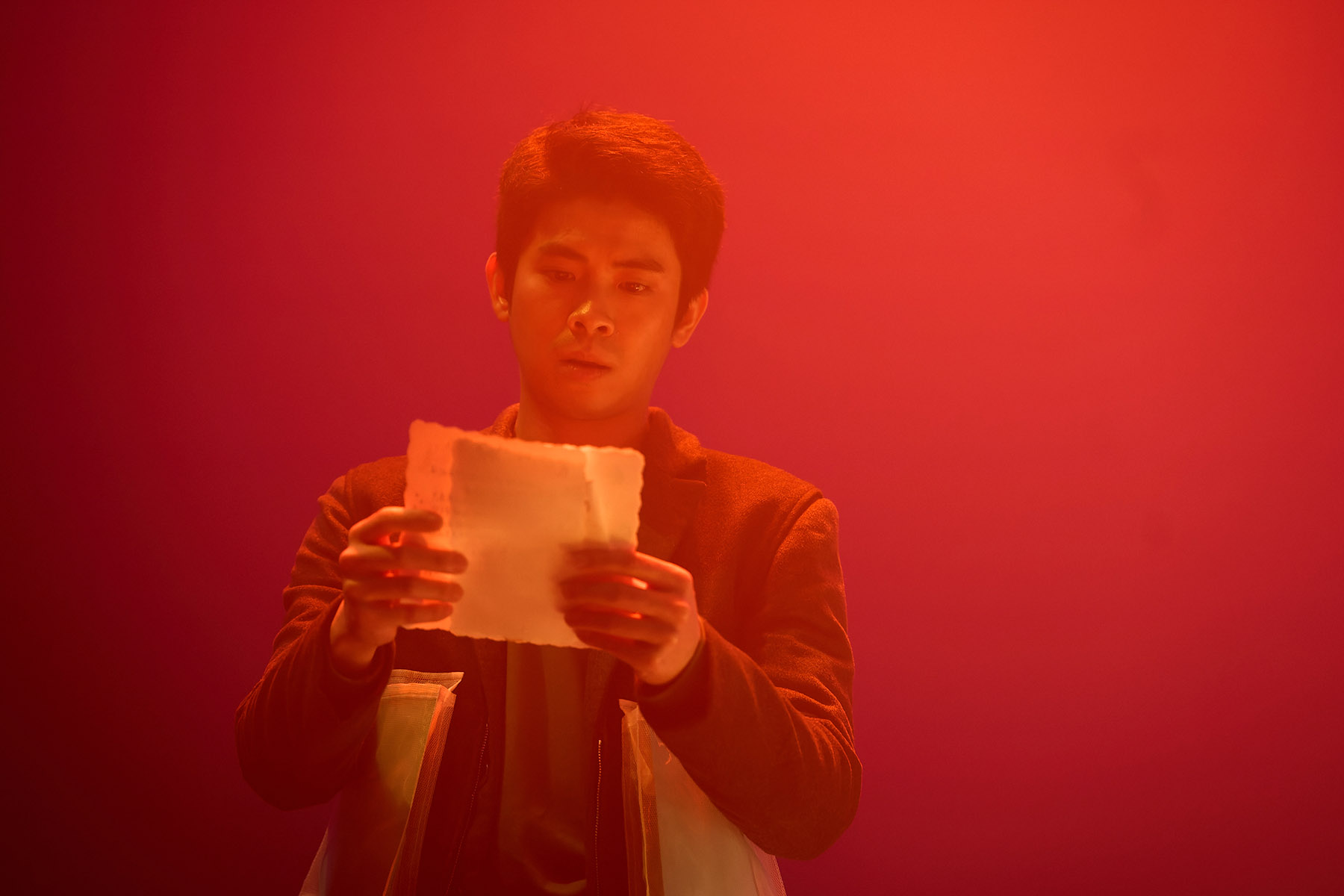
Nature and I
Théâtre de la Feuille also chose a classic — an ancient Chinese compilation of mythic geography called Shanhai Jing (The Classic of Mountains and Seas), whose earliest version dates back to the fourth century BC — as the inspiration for Book of Mountains and Seas. The choice aligns perfectly with the overall aesthetic of the company’s productions — bare sets, minimal props, and a preference for movement over dialogue.
The earliest version of Shanhai Jing “was a bunch of drawings without any captions,” says Ata Wong Chun-tat, who is responsible for the concept, story, scenography and direction of Book of Mountains and Seas. “The words we read today were added much later to explain the drawings.”
It is probably befitting that a stage adaptation of such a book should rely heavily on “visual imagery constructed using the performers’ bodies”. “The text perfectly matches Théâtre de la Feuille’s strengths and echoes our beliefs,” Wong says.
But that’s not the only reason why he chose to adapt the book for the stage. Rather, Wong wanted to explore the possibility of “reconnecting with the traditional ethnic cultures and finding our roots”, by decoding the clues about “the intricate human-nature relationships” delineated in its pages.
ALSO READ: Boldness be my friend
The production combines a contemporary performance idiom with a number of traditional elements. It borrows from both Chinese and Western-style opera, and makes use of chanting. “We also have huge installations and sculptures,” says Wong, adding that some of these will double as costumes worn by the performers.
He hopes that the audience will be inspired enough to take a moment to reflect on their own lives after they have watched Book of Mountains and Seas. “In the past, theaters also served as platforms where religious rituals were performed with a view to connecting humans with the gods and nature.” Watching a play made people realize how small they were in the grand scheme of things and inspired gratitude for the gifts of nature they enjoyed, he reminds us.
“It’s a pity that we seldom do this nowadays.”
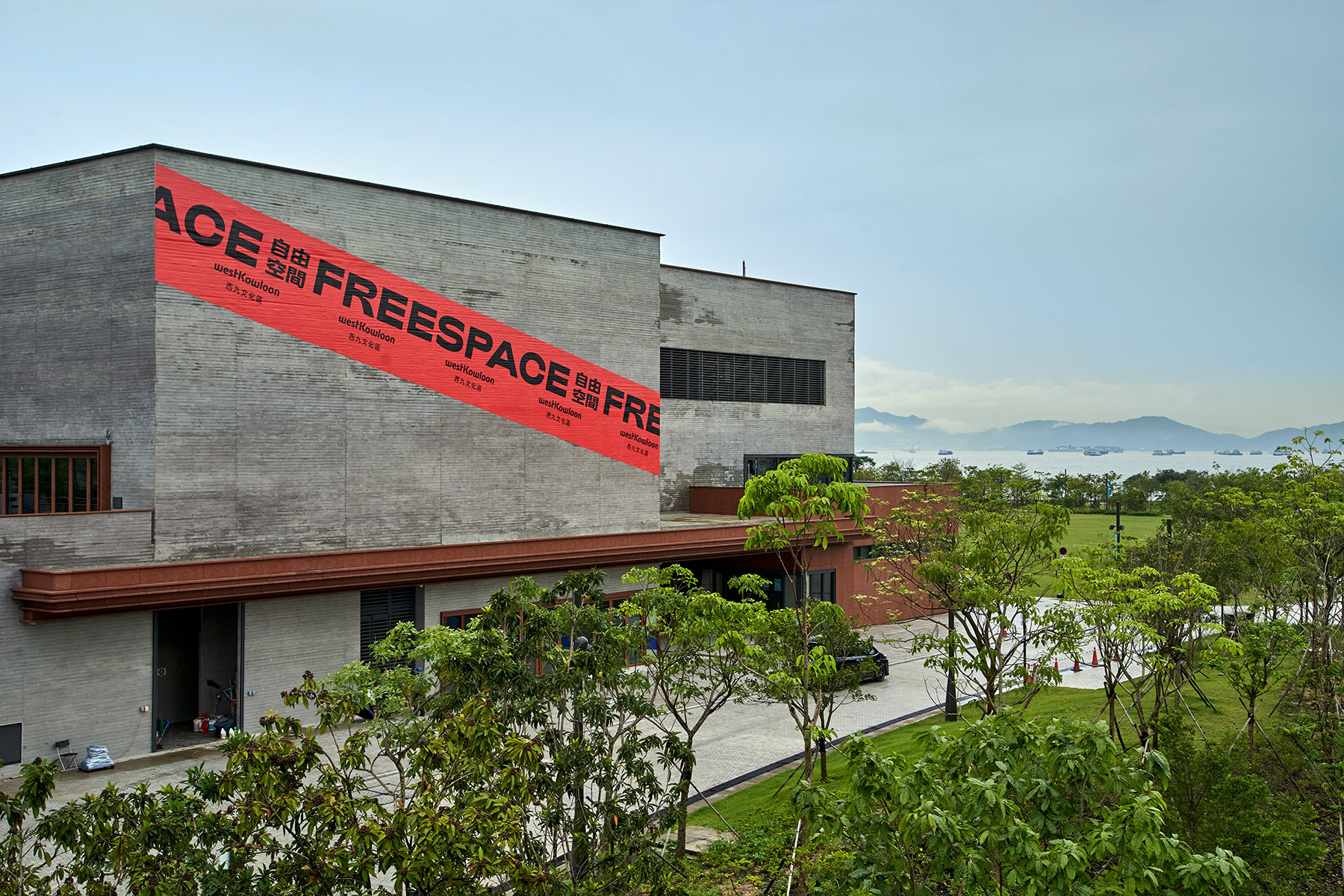
If you go
With Love, Medea’s Boys
Dates: Aug 17 to 25
Venue: The Box, Freespace, Art Park, West Kowloon Cultural District, Kowloon
Post office in Hell — the Origin
Dates: Sept 5 to 8
Venue: The Box, Freespace, Art Park, West Kowloon Cultural District, Kowloon
The Book of Mountains and Seas—the Fate of Mountains and Rivers
Dates: Oct 3 to 6
Venue: The Room, Freespace, Art Park, West Kowloon Cultural District, Kowloon
Contact the writer at basu@chinadailyhk.com


